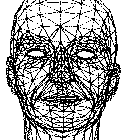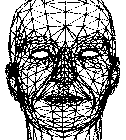

|
"We are always concerned with finding a form that is the most reduced as possible."
"We want always to play only the fewest tones. The employment of computers leads inevitably to minimalism. We play the minimalist sound-track of our era, we don't want a Baroque overkill. Everyone can add the part in his head, which to him seems important."
"On stage we operate electronic control panels, circuit switches, and keyboards. And we turn knobs, switches, regulators, and sound filters. I have singing fingers, speaking fingers, which communicate by technique. It goes along with this most highly sensible technique that one can only perform with minimal mobility. One has to visualize like the captain of a space ship. Only a few millimeters displaced, and the sound is already away."
"Whoever has to produce too many notes and tones, he attempts to cover up or overpower his anxieties. You trample on your keyboard, strum ten tones with ten different fingers instead of producing a single calm sound with a single finger. Okay, stagefright belongs to the appearance. Paranoia is for us a quality of life."
"Yet we trouble ourselves actually very little about the greater musical development. We concentrate on our work. What the future will bring, that will have to show itself first. The ability of a thing to be produced is for us very important. We reflect on our everyday experiences and set these into music. That is how we make our electronic folk music."
"It has always interested us to make industrial music. Assembly line music. Production processes, which are all around us in the industrial world. Yet it exists, this odd music world with its historical museum character. There are opera houses financed from tax money in order to produce shows that are over 100 years old. And then the same consumers go to the dentist and want the most up-to-date high tech treatment. What a contradiction! Then demand consequently also the dental technique from 100 years ago - that with the sledgehammer anesthesia."
"Pop music was and is an import article. We have in contrast to our colleagues in Germany and in other countries a completely different historical background. Country music is for example, an impression of life which belongs to Texas. This music, however, has nothing to do with Düsseldorf. We have always understood our music as specifically industrial music. And therefore, also as ethnic music."
"We used to call this experience Mensch-Machine, the man-machine. Today people talk of cyberspace and virtual realities. You wear gloves and masks and travel into a created reality. With Kraftwerk you don't need gloves or masks. We have always been virtual reality..."




<<+>>